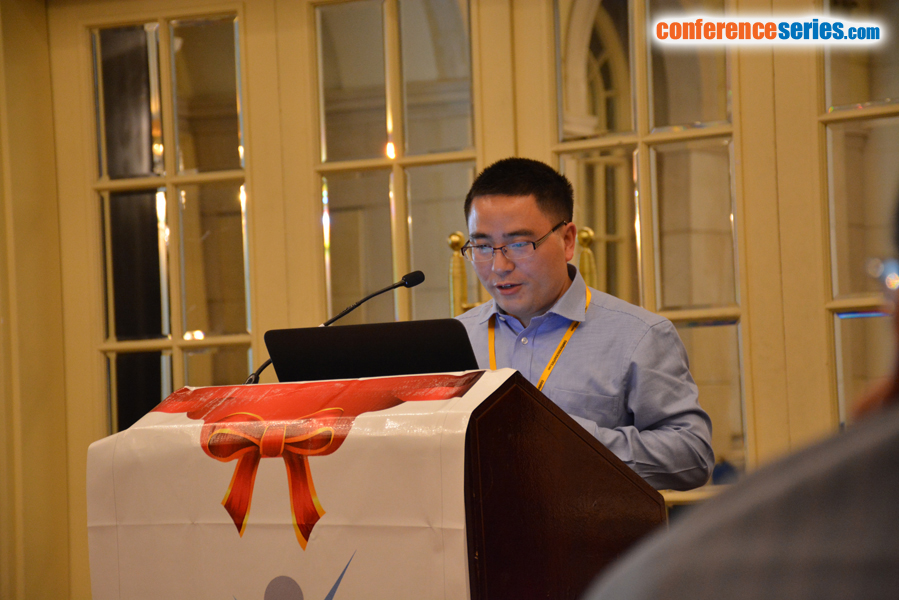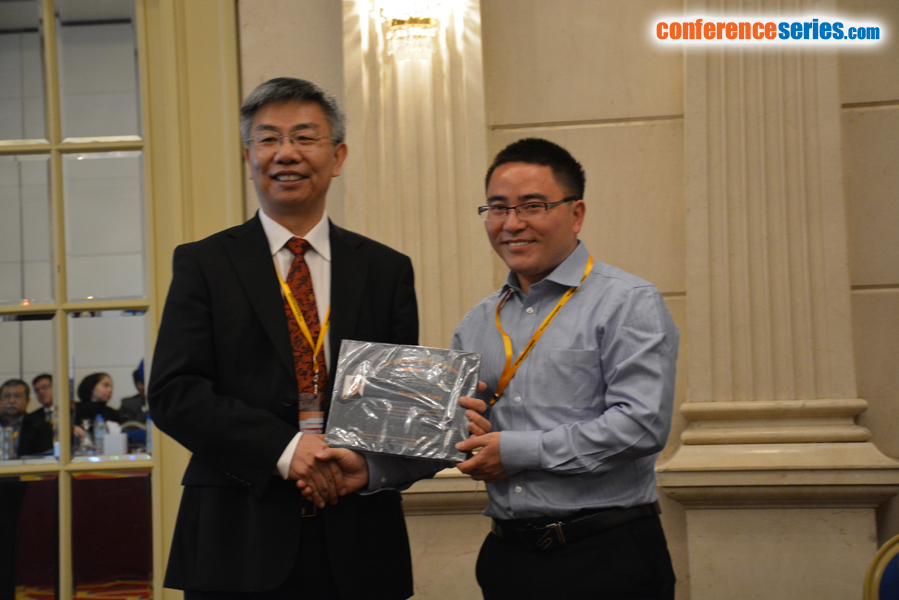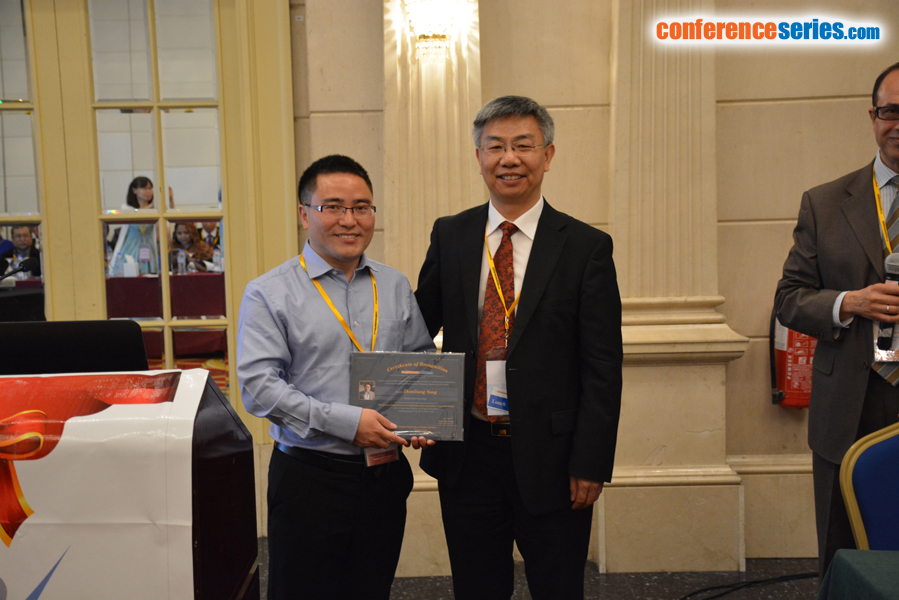
Zhaoliang Song
Tianjin University, China
Title: Mechanisms and potential of terrestrial phytolith carbon sequestration: A case study of China
Biography
Biography: Zhaoliang Song
Abstract
Silicon (Si), the second abundant element on the Earth’s surface, is usually coupled with global biogeochemical carbon (C) cycle at different time-scales, and plays an important role in regulating the concentration of atmospheric CO2. Bio-available Si is absorbed by plant root and deposited within plant tissues to form phytoliths (opal-A, SiO2-nH2O) during the plant growth. A small percentage of organic carbon (0.2-5.8%) could be occluded within phytoliths (PhytOC). PhytOC is relatively stable and may be preserved in soils or sediments for many hundreds to thousands of years due to their chemical compositions, morphology and local environment conditions. Recently, the occlusion of carbon within phytoliths is considered to be one of the key important global biogeochemical C sequestration mechanisms. Here we review recent advances about the study of phytolith C sequestration and estimate the potential of phytolith C sequestration in China. This work indicates that the production rates of PhytOC among different terrestrial ecosystems in China decrease in the following order: croplands>forests>grasslands. In addition, active management measures, including mulching organic manures, fertilizing silicon, amending rock powder, cultivating Si-accumulating plants and partial harvesting of plants to maximize silicon supply and above-ground net primary production, have a significant potential to promote the phytolith C sink in China and the rest of the world. However, further studies are need to demonstrate the cost of these management measures, the exact mechanisms involved and the magnitude of C sequestration through phytoliths among various terrestrial ecosystems, and to make the C sequestration of phytoliths as one of the global important mechanisms of biogeochemical C sequestration.
Speaker Presentations
Speaker PDFs
Speaker PPTs Click Here



